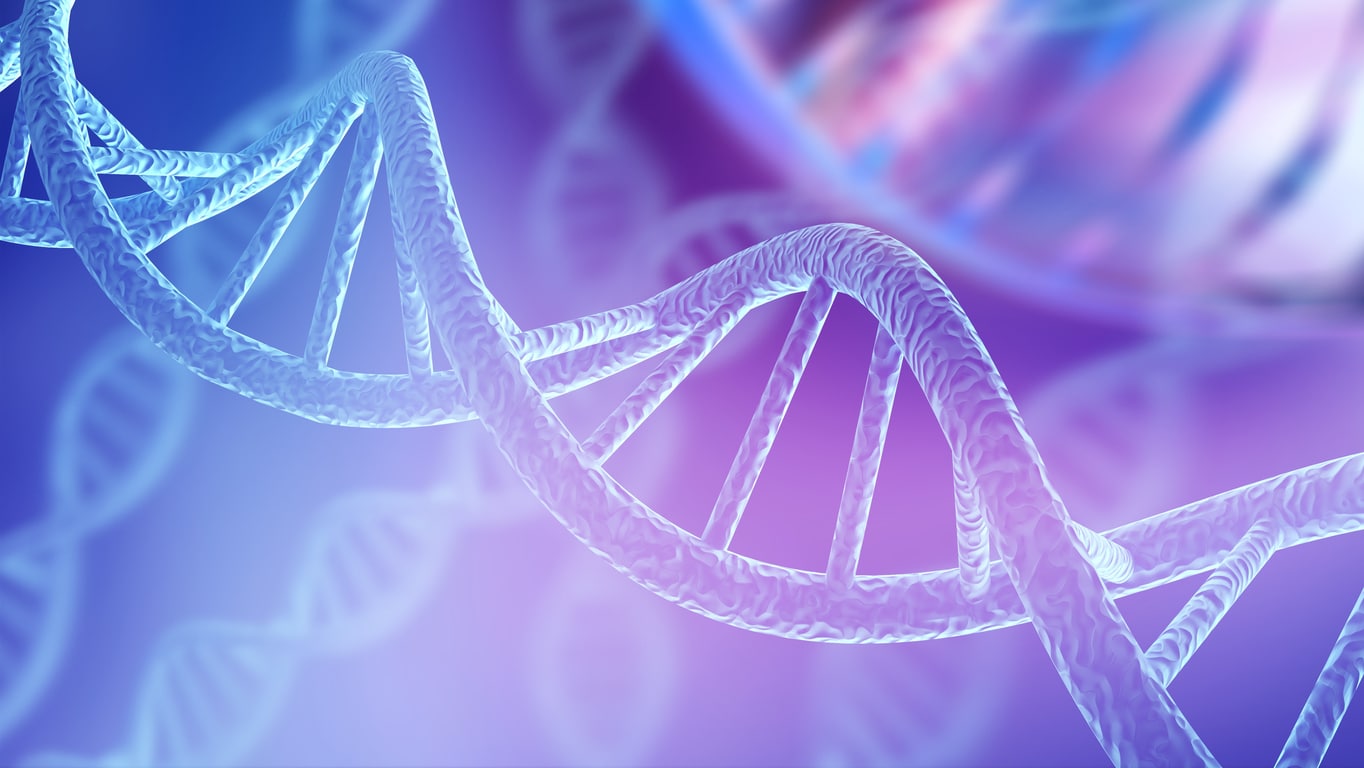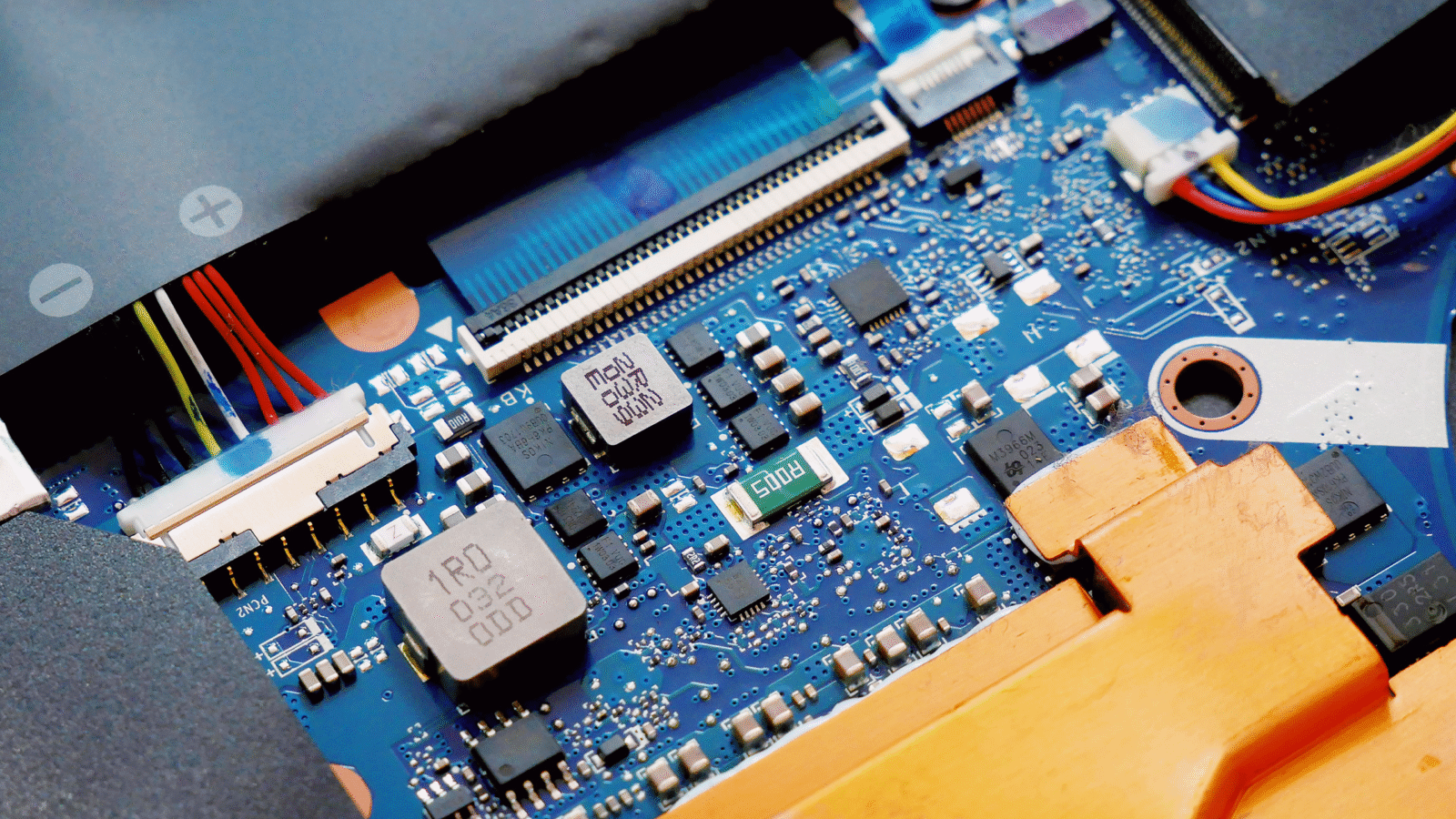
Sign up for smart news, insights, and analysis on the biggest financial stories of the day.
Everyone knows the sci-fi movie cliche of an artificial intelligence program inevitably slipping down a villainous path. Thankfully, when it’s not scripted by a Hollywood screenwriter, a super smart AI isn’t all bad.
On Thursday, Alphabet-owned, UK-based AI firm DeepMind revealed that its AlphaFold algorithm has effectively predicted the shape of nearly every protein known to science, which could rapidly accelerate drug discovery and breakthroughs in biology. They’re giving away the database to anyone for free.
The 0.01%
The human mind is incredible, or at least Isaac Newton and Albert Einstein’s were. But with all the tools available to our species’ best and brightest researchers, figuring out the shape of one protein can take months or years of laboratory study. In fact, humans have only figured out the shape of about 0.01%, or 190,000, of known proteins.
Cracking the shape of proteins, which are essential for life, is critical to understanding a protein’s function, and understanding the inner workings gives scientists the potential to alter its DNA sequence or identify drugs that could attach to it. In the case of malaria, for example, studying the proteins of the parasite can reveal how antibodies bind to it and open pathways to fighting it. By performing work that could have taken humans decades, DeepMind’s AI gives scientists a roadmap for a new world of discovery:
- Last year, DeepMind said AlphaFold predicted the shape of all human proteins, about 350,000, which is crucial to understanding human health and diseases. That database now features over 200 million predicted protein structures, touching on nearly every living organism whose genomes scientists have sequenced.
- The structures are available on a public database maintained by the European Bioinformatics Institute at the European Molecular Biology Laboratory (EMBL-EBI). Over half a million researchers have already used the database to view 2 million structures.
“Almost every drug that has come to market over the past few years has been in part designed through knowledge of protein structures,” Janet Thornton, a senior scientist at EMBL-EBI, told the Financial Times.
Manpower: Human scientists aren’t out of a job, they still have to confirm the protein structures in experiments, but have been essentially handed years of work. Plus they can apply for a job at Isomorphic Labs, the UK company that Alphabet smartly set up to use DeepMind’s technology to accelerate drug discovery.











